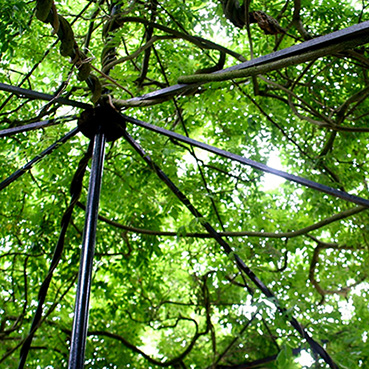Critical reflection and system-oriented design
– Awareness and amending expertise through education for sustainable consumption
DOI:
https://doi.org/10.7577/formakademisk.1433Keywords:
Critical reflection, education for sustainable consumption, System Oriented DesignAbstract
Education is promoted as a powerful tool in the transformative process deemed necessary to limit climate change. The article explores five texts on reflective inquiry (Dewey, Freire, Schön, Mezirow and Brookfield) and asks how each of them might inform the education of aware, critical and empowered consumers. Across different agendas, the texts share a structure of four phases in how they describe reflective inquiry as a distinctive operation of thought. The texts provide descriptions on how to unearth the current state of the art, but there is less elaboration on how to get from awareness and criticism to transformation. To trigger an exploration of new modes of production, trade and consumption, the article proposes a model that coins the four phases of reflective inquiry with methods from Systems Oriented Design.

Downloads
Published
How to Cite
Issue
Section
License
Copyright (c) 2015 Eva Lutnæs

This work is licensed under a Creative Commons Attribution-NoDerivatives 4.0 International License.
Authors who publish with this journal agree to the following terms:
- Authors retain copyright and grant the journal right of first publication with the work simultaneously licensed under a Creative Commons Attribution 4.0 License that allows others to share the work with an acknowledgement of the work's authorship and initial publication in this journal.
- Authors are able to enter into separate, additional contractual arrangements for the non-exclusive distribution of the journal's published version of the work (e.g., post it to an institutional repository or publish it in a book), with an acknowledgement of its initial publication in this journal.
- Authors are permitted and encouraged to post their work online (e.g., in institutional repositories or on their website) prior to and during the submission process, as it can lead to productive exchanges, as well as earlier and greater citation of published work (See The Effect of Open Access).
- The author(s) must manage their economic reproduction rights to any third party.
- The journal makes no financial or other compensation for submissions, unless a separate agreement regarding this matter has been made with the author(s).
- The journal is obliged to archive the manuscript (including metadata) in its originally published digital form for at least a suitable amount of time in which the manuscript can be accessed via a long-term archive for digital material, such as in the Norwegian universities’ institutional archives within the framework of the NORA partnership.
The material will be published OpenAccess with a Creative Commons 4.0 License which allows anyone to read, share and adapt the content, even commercially under the licence terms:
This work needs to be appropriately attributed/credited, a link must be provided to the CC-BY 4.0 licence, and changes made need to be indicated in a reasonable manner, but not in any way that suggests that the licensor endorses you or your use.



